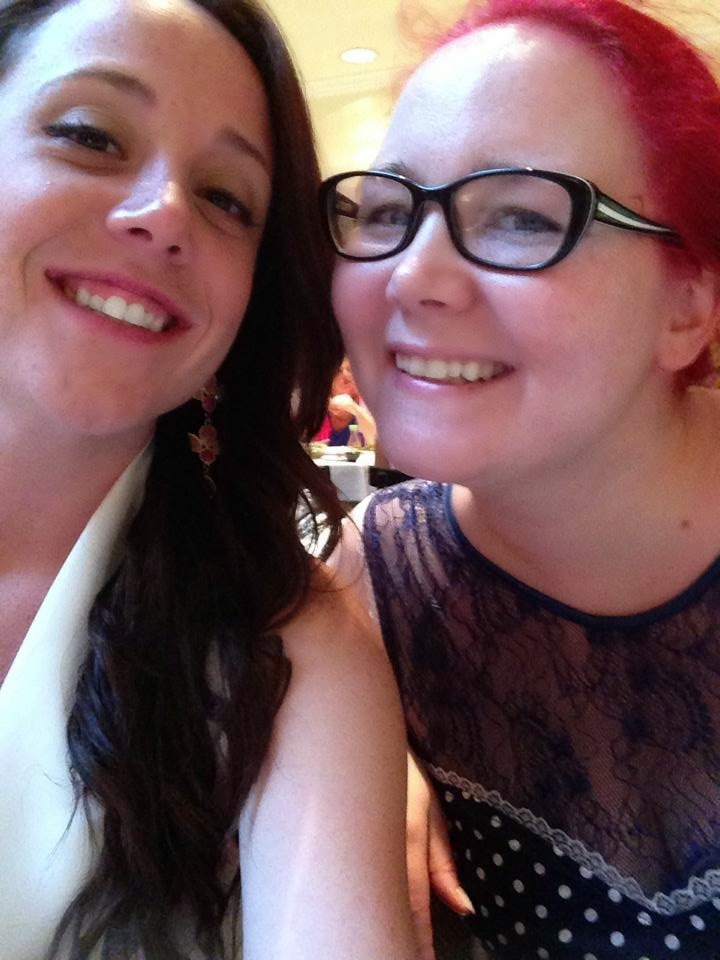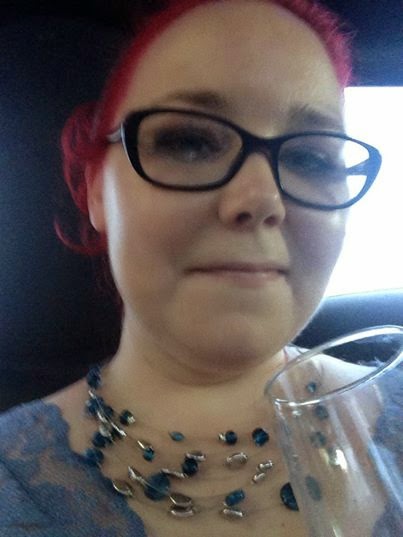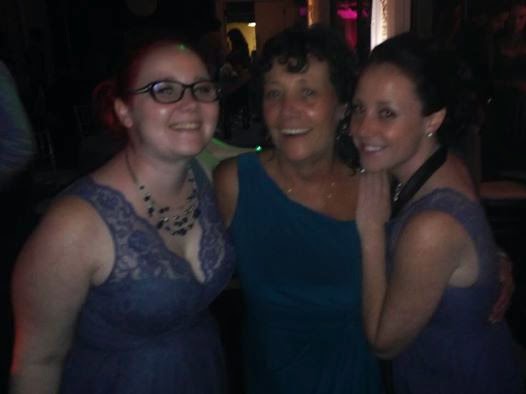I’m a Buffy fan girl. I’m sure this surprises no one. Strong characters, the supernatural and witty banter is basically a recipe to get me as a loyal fan. I know all the words to the sing along episode and have been compared to Willow more times than I can count.
There’s an episode in the fifth season where Xander and Anya go to look at an apartment. She is upset because she doesn’t think they’ll get it. Xander asks her what’s wrong and she says this:
“What’s going on with me is that my arm hurts… and I’m tired… and I don’t really feel like taking a tour of beautiful things I can’t have.”
That’s how I feel right now. I don’t really feel like looking at beautiful things I can’t have.
I have always identified as a traveler. As a kid, I would take out language books from the library with the clear intention of learning the language for when I went there. When I was 19, it occurred to me that if I saved up my money, I could go wherever I wanted. I got some books and planned a trip and went to Europe.
In 2007, when I was starting to get sick, I went backpacking in Scandinavia. I went hiking and got really lost in this beautiful national park in Norway. I got drunk on a ferry sailing between Estonia and Finland. I felt tired and at the end, I felt sick, but I was mostly able to do everything I wanted to do.
In 2009, I bought tickets to Ireland and went for a quick four day trip with my boyfriend at the time. I was exhausted and sick, but I was still able to go. I needed a lot of sleep but otherwise it was fine.
I took a bunch of other trips. In 2012, I went to Seattle and we all know how that went. I came home to lots of serious news and slowly I stopped thinking of myself as a traveler because it hurt a lot. I stopped reading my dozens of travel books and drawing maps and studying languages. Doing those things felt like sticking my hand into an open wound. It felt like trying to push through the looking glass only to find I was still in this strange facsimile of my life where I was sick and couldn’t do this thing that defined me.
In the last couple of weeks, I started feeling like maybe this was going to be possible again. Maybe I could travel, if I had someone with me to help me. Maybe I could plan trips again and look forward to them. Maybe I could go to all these faraway places and feel this stillness in my soul that I only find when I’m away from home.
I was supposed to go to Asia in the fall. I was originally supposed to go in the spring but I was too sick. So we decided to go in the fall. We were going to fly through Dubai to Bangkok, spend a few days in Bangkok, take a private tour to Angkor Wat in Cambodia, go to an elephant preserve, spend a few days in Dubai on the way back. I have been planning this for months, both the fun part and the not insignificant logistical shuffle of travelling out of the country with a ton of medication, medical supplies and large bags of IV solutions. I was planning to book our airfare tomorrow.
But a few days ago I found that one of my best friends was stealing from me, and she was supposed to go to Asia with me. She was supposed to help me to live this dream that has buried for years under the rubble of mast cell disease.
I’m more upset about Asia than I am about the money. Because I found out a couple of weeks ago that I could still travel, but only if I’m with someone who loves me and understands my disease and what to do in an emergency. I cannot travel alone. I wish I could, but I can’t deny that it’s too dangerous for me.
The fallout of this woman stealing from me has been significant. I have needed epinephrine and lots of IV meds and steroids, and even now as I type this, my skin is burning and my heart is racing and my insides are doing that cringe and shudder that means that with just a little push, I can be in trouble again.
When you have mast cell disease and people mistreat you, your choices are to move on quickly so as not to anaphylax or to get mad and risk ending up in the hospital.
It’s not as much of a choice as you might think.
If I fall down and scrape my leg, it is an emergency.
If I forget to take a single dose of any of my many medications, it is an emergency.
If I forget to put on the AC and fall asleep, it is an emergency.
If I get too mad, it is an emergency.
Around 4 this afternoon, I locked a syringe of 50 mg IV Benadryl into my PICC line and angrily uncapped my Epipen. “I really hate that I’m so sick that I have to use epinephrine at home on a regular basis. That makes me really mad,” I told my mother as I brought the tip down against the outside of my thigh.
There seems to be some confusion over whether or not what my “friend” did was wrong because she “tried to pay it.” (I know, don’t get me started.) So let me make it really clear.
I don’t care about the money. If she had asked, I would have given it to her. This is not about the money.
This is about everything else she took from me.
She took my right to feel like I can trust people to take care of me.
She took my right to feel like I can accept help without getting screwed.
She took a lot of my energy over the course of our friendship. A lot.
She took my safety because this was such a violation that I can’t help but feel angry and it is making living in this body even more dangerous than usual.
She took my ability to go on this trip. She took my ability to feel like I can get this part of myself back.
So disappointing. I have never been more disappointed in a person in my entire life.
And for the sake of being thorough, I want to deal with this: at least one person thinks that it’s okay that they knew about it and didn’t tell me because she wasn’t “being malicious.” (I don’t even know what that means.)
What she did is criminal. Stealing is a crime. Stealing from a very sick person is a more serious crime. This is not the personal opinion of Lisa Klimas. This is the opinion of the criminal code of the State of Massachusetts. If you know someone is preying upon an ill person, and you do nothing, you are just as guilty. You are not a “good person” who is getting “blamed by association.” You are a loser.
My friends are closing ranks around me. I have received over a dozen offers to do my food shopping, all with the added promise that they will not steal from me. They are making me laugh. (Quote of the day: “’How does one pay a credit card without the bill?’ ‘Oh, I just write credit card on cash and throw it out the window, does that not work?’”) They are reassuring me that they will not betray me. They are reassuring me that they will take care of me and that they love me. They are letting me know that they will support me however this plays out.
They are really angry that this happened to me. Honestly, I am a little surprised at how angry they are. But I get it.
I’m tired of looking at beautiful things that I can’t have.
And they’re tired of watching me.
So disappointing.


